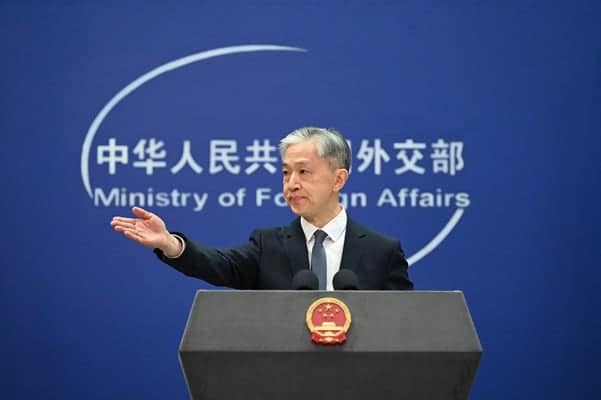
"The White House has announced that China will begin easing restrictions on exports of automotive computer chips under a new trade agreement reached between President Donald Trump and President Xi Jinping. The deal, finalized during talks in South Korea, marks a major de-escalation in U.S.-China trade tensions following months of retaliatory tariffs and global supply chain uncertainty. Under the agreement, China will lift its export ban on legacy automotive chips produced by Nexperia-a move expected to stabilize car production and ease supply shortages that have disrupted automakers worldwide."
"Beijing will also suspend recently introduced export controls on rare earth minerals for one year, offering relief to industries dependent on these materials, including automotive, aerospace, and defense manufacturing. Firms are still scrambling to find out what it means for them, said Sigrid De Vries, director general of the European Automobile Manufacturers' Association. "The Chinese authorities have said they would start exporting eligible chips again, that they're investigating and making lists of companies... but the scope and the conditions are as yet unclear," she told the BBC's Today programme."
"She added that China easing the automotive chip ban was positive news because "supply shortages were imminent." But she warned that "they are still looming" because of the earlier disruption, adding that it remains unclear whether vehicle prices will be affected. Mark McCarthy, Chief Revenue Officer at Basware, said, "Trade wars and tariff uncertainty introduce volatility into the global economy. For major enterprises, especially those with complex supply chains or international footprints, this creates hesitation around IT spending. CIOs and CFOs may want to delay large IT investments, reassess strategic priorities and scrutinize every dollar of spend.""
A new trade agreement between the United States and China will ease export restrictions on automotive computer chips and suspend rare earth export controls for one year. China will lift its export ban on legacy automotive chips produced by Nexperia and begin exporting eligible chips again, which is expected to help stabilize car production and reduce global supply shortages. The suspension of rare earth controls should provide relief to automotive, aerospace, and defense manufacturers. Industry groups note uncertainty about the scope and conditions of the changes and warn that supply shortages may still persist. Business leaders say trade uncertainty has increased volatility and can delay major IT and investment decisions.
Read at London Business News | Londonlovesbusiness.com
Unable to calculate read time
Collection
[
|
...
]